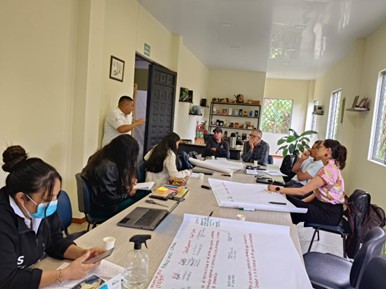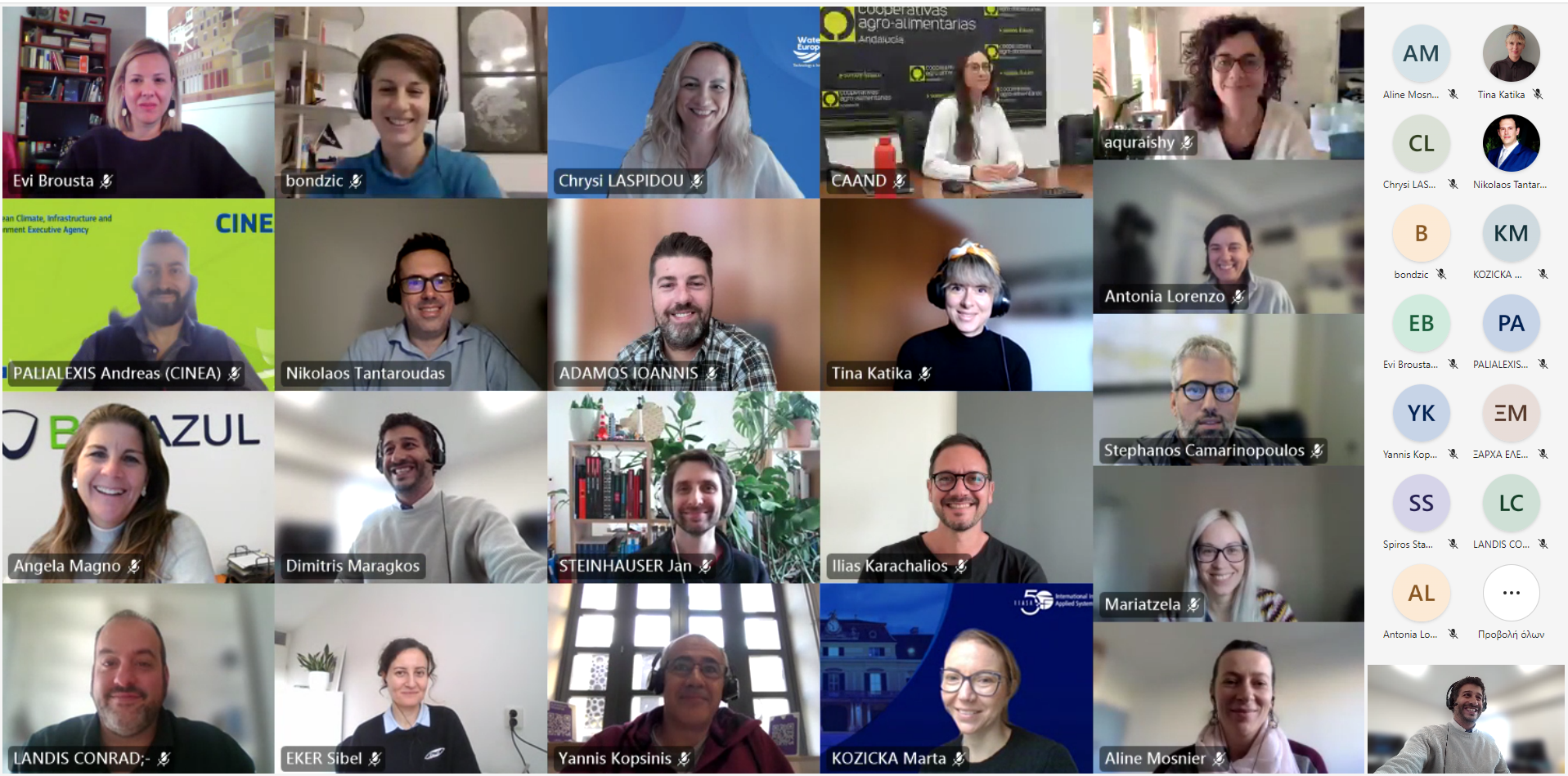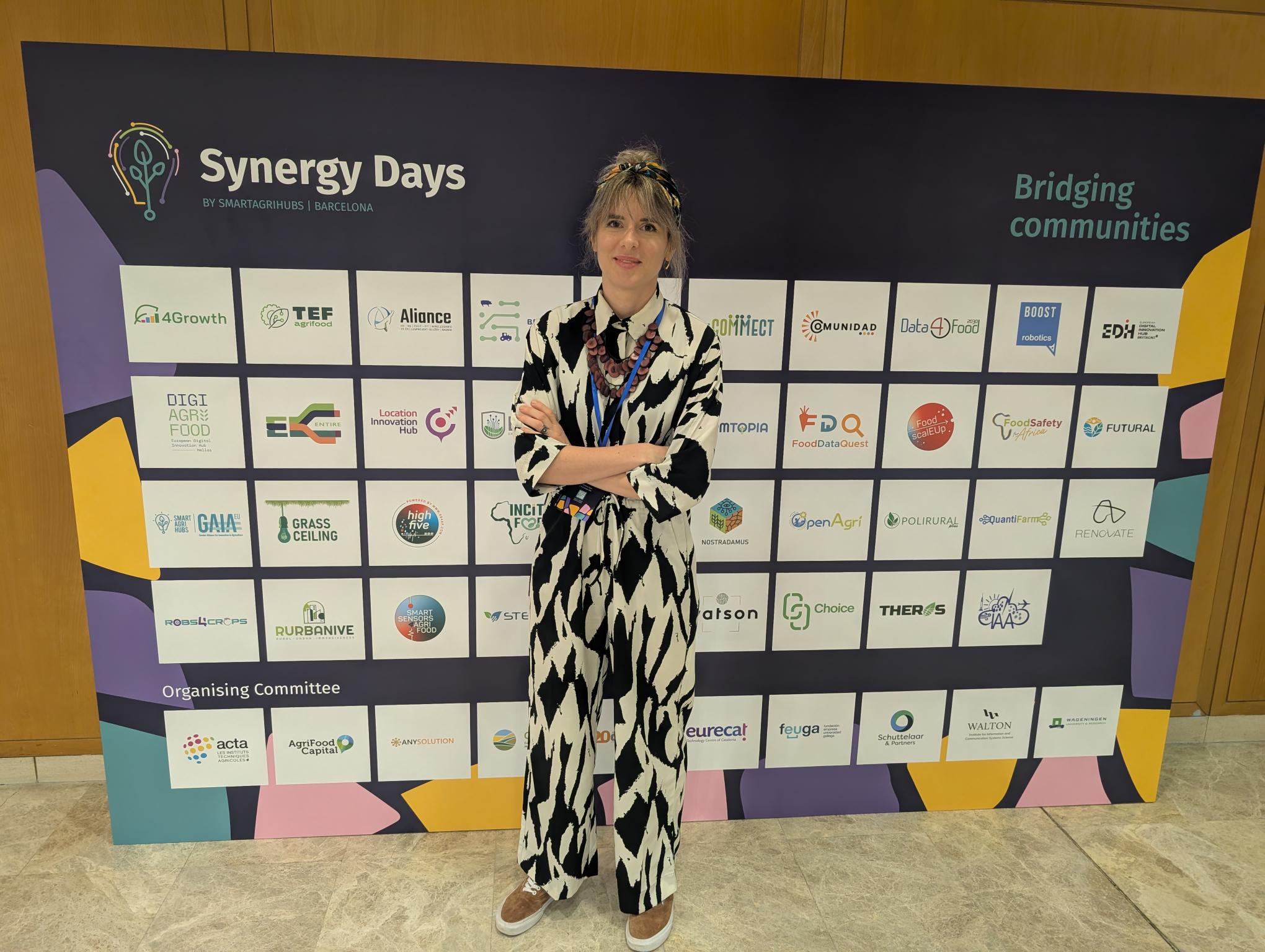
Advancing Climate-Resilient Coffee Production in Colombia: Insights from the Third Participatory Lab
On April 28, 2025, the CHOICE Colombian pilot conducted its third participatory laboratory in La Venta de Cajibío, Cauca. The session brought together representatives from AMUCC, SUPRACAFÉ, TECNiCAFÉ, and the Secretariat of Agricultural, Environmental, and Economic Development of the Cajibío Municipality to continue building a pathway toward climate-resilient coffee production.
This lab is the last in a series of participatory laboratories within the CHOICE Colombian pilot, aiming to co-design digital campaigns that will support climate action in coffee production in Cauca. It builds on the pilot’s goal to address climate vulnerabilities in the coffee sector by promoting the adoption of sustainable practices among women coffee producers while maintaining coffee quality and local identity.
From Identifying Emission Hotspots to Action Planning
In the two labs, participants identified three critical sources of greenhouse gas emissions in coffee production:
- the high use of synthetic nitrogen fertilisers,
- excessive water consumption during post-harvest processing, and,
- reliance on fossil fuels for production and transport.
The second lab specifically quantified these emissions and explored alternative management practices that could reduce their impact.
Building on this groundwork, the third participatory lab shifted focus toward defining practical actions to implement these alternatives, developing a shared roadmap that coffee producers can adopt in their daily practices.
Defining Concrete Sustainable Practices
Using a participatory action matrix, attendees structured the discussion around each emission hotspot, defining:
- Purpose and key messages, such as the benefits of on-farm organic fertiliser use and water conservation;
- Methodologies for practical implementation, including composting post-harvest residues and using efficient microorganisms;
- Examples of feasible practices that can be adopted on AMUCC farms;
- Engagement indicators to measure adoption, such as the application of organic matter per plant;
- Expected impacts on reducing emissions and water use.
This systematic approach ensured that the perspectives of coffee producers and local partners were integrated into the design of realistic, effective actions.
Co-Developing Awareness and Engagement Campaigns
A central element of this third lab was the co-development of communication campaigns aimed at AMUCC and SUPRACAFÉ S.A., with the goal of generating behavioural changes and supporting the adoption of sustainable practices that reduce critical greenhouse gas emissions.
Participants worked together to define the key messages these campaigns will communicate, focusing on climate resilience, biodiversity protection, and water stewardship. They also identified the most effective communication channels to reach coffee producers, including WhatsApp groups, illustrated guides, and local workshops, ensuring these campaigns will be accessible and practical for the AMUCC community.
In addition, the lab explored community-based monitoring methods, such as using shared photos and videos to document the adoption of sustainable practices, enabling producers to share their progress and foster collective learning within the network.
Supporting Climate-Resilient Coffee prodiction in Colombia
The CHOICE Colombian pilot aims to empower women coffee producers in Cauca to reduce greenhouse gas emissions while building resilient livelihoods and protecting local ecosystems.
Through this series of three participatory laboratories, the pilot has fostered a community-led transition to sustainable coffee production by equipping producers with the practical knowledge and tools needed to address climate challenges while maintaining the quality and identity of Cauca coffee.
As the pilot progresses, the outcomes of this third participatory lab will guide the design and rollout of targeted digital campaigns, supporting women coffee producers in adopting sustainable practices that contribute to climate action in the Cauca region. These campaigns, starting from August 2025 will amplify the voices of coffee producers, facilitate knowledge sharing, and support the implementation of practices that protect biodiversity and secure the future of coffee in Colombia.




